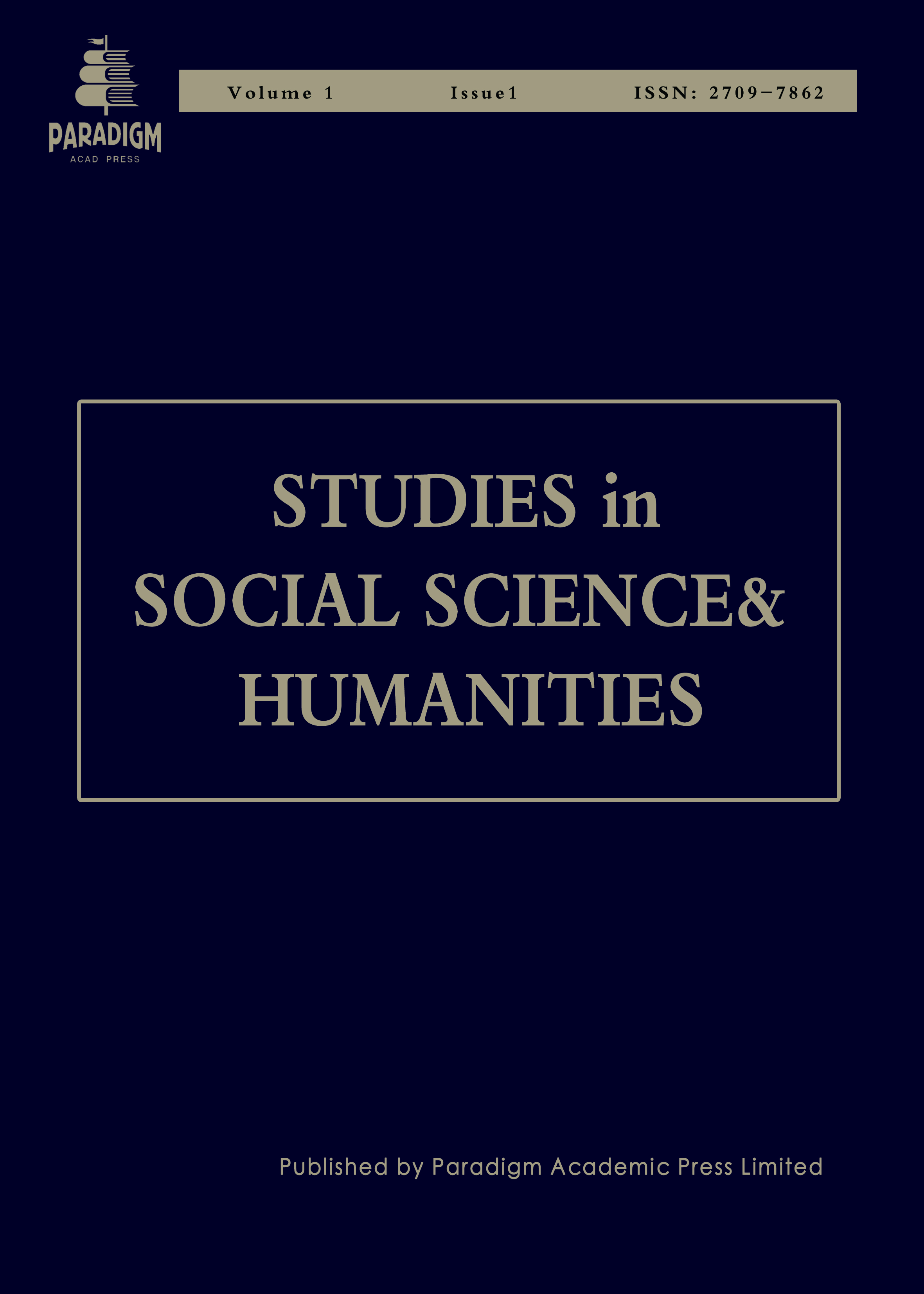Driving Green Consumption: Exploring Generation Z Consumers’ Action Issues on Sustainable Fashion in China
Keywords:
sustainable fashion, generation Z attitude-behaviour gap, environmental knowledge, CSR in social mediaAbstract
Environmental pollution brought by the fashion industry are increasingly a cause for concern. The rise of Generation Z has significant implications for the sustainable fashion market in China. Previous studies found an attitude-behaviour gap among this population, they recognized the importance of sustainable fashion while not taking action. This study applied mix method in two phases to find out how Chinese Generation Z is influenced by environmental knowledge and corporate social responsibility (CSR) through social media, and other factors that influence attitude- behaviour gap in sustainable fashion consumption. With the online survey completed by 168 consumers and the semi-structured interview with six Gen Z consumers, there are four major finding of this study: 1) This study found that Generation Z consumers were more positive and aware of their attitudes and behaviour towards buying sustainable fashion than non-Generation Z consumers; 2) Generation Z consumers were more consistent in their attitudes and behaviour than non-Generation Z consumers; 3) Influenced by environmental knowledge factors and brands CSR through social media, Gen Z consumers are more likely to purchase sustainable fashion products than non-Generation Z consumers. 4) Other factors such as government promotion and school education helped to mitigate the attitude-behaviour gap among Gen Z. Therefore, this study provides applicable implications for fashion companies and government on the strategies to mitigate attitude-behaviour gap among Gen Z.


